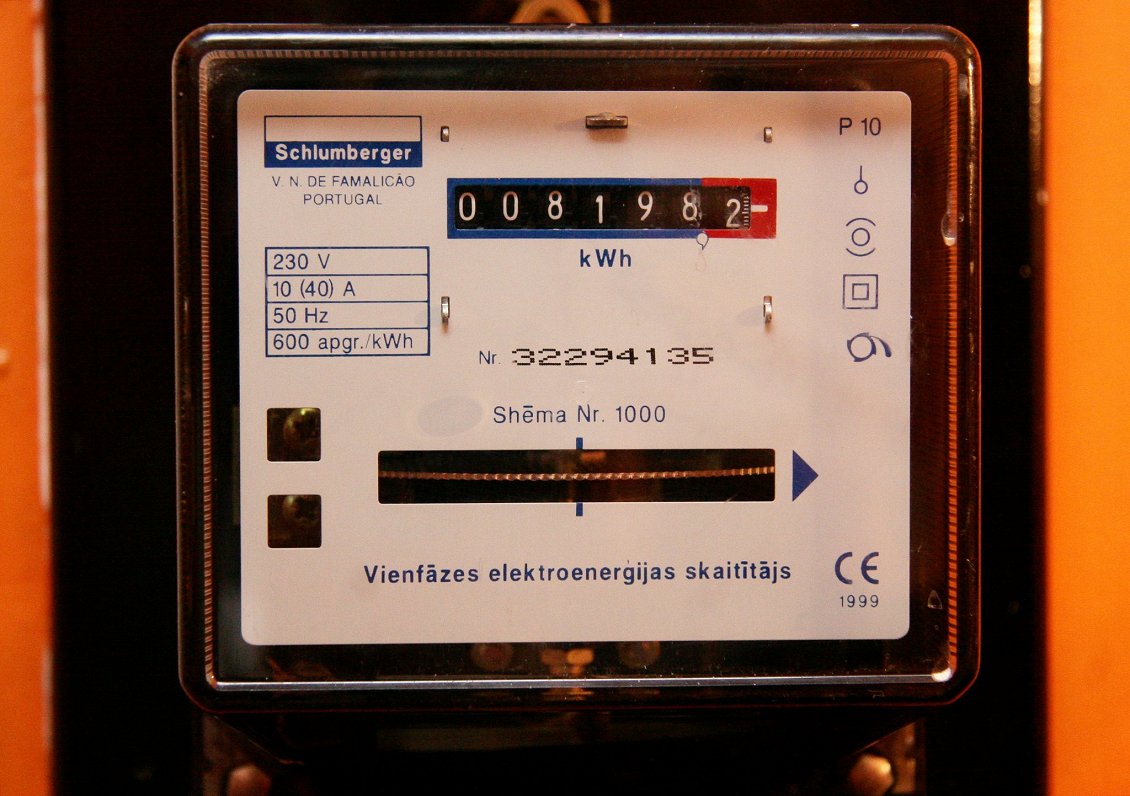If in May 2020, residents paid around €14 million for utilities using card, then in May this year, it was €27 million. The increase in card payments for utilities shows growing inflation, as well as increasing preference for electronic payments over cash settlements. At the moment, the rapid inflation is playing a more important role.
Andrejs Bessonovs, an economist at the Bank of Latvia, said: “We see a similar rise from the point of view of consumer prices. Looking at the rise in prices for housing-related goods and services, in May it was also very similar – 34%. Then, in principle, you can see that those payment card data fairly accurately reflect the situation.”
Utility fees are expected to grow further. How much of the income will have to be devoted to paying for primary needs will be known more clearly only in the autumn when the next heating season begins.
Economist Pēteris Strautiņš of Luminor said: “The fact that Russia is again restricting gas supplies to Europe [..] there is a very rapid rise in prices, which again in some time unless the country is prepared to compensate for it, will be reflected in the prices paid by consumers and hence the price of heat in Latvia may still grow even after the previous rise in gas prices has already appeared.”
In the context of increased public payments, residents will have to change their life and consumption habits, focusing on covering basic needs. But the state could still help.
Zane Drink, dean of the Business Leadership Faculty, said: “If we are talking about the homework that should be done now, is [..] work with vulnerable population groups. With micro-entrepreneurs who have to overcome those thresholds to overcome the crisis of mundane payments."
Although the reasons for inflation are currently quite different than during the financial crisis of 2008, the Bank of Latvia economist Bessonovs noted that such energy prices could cause a recession or economic downturn.





























